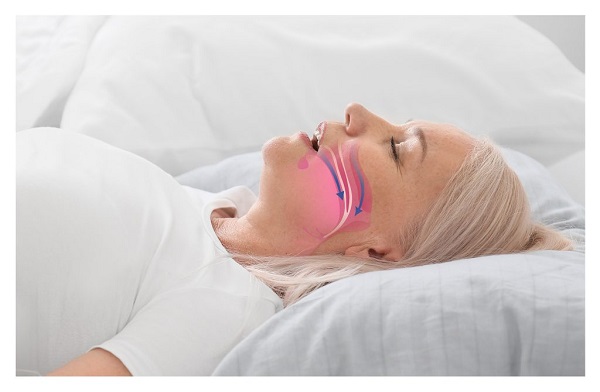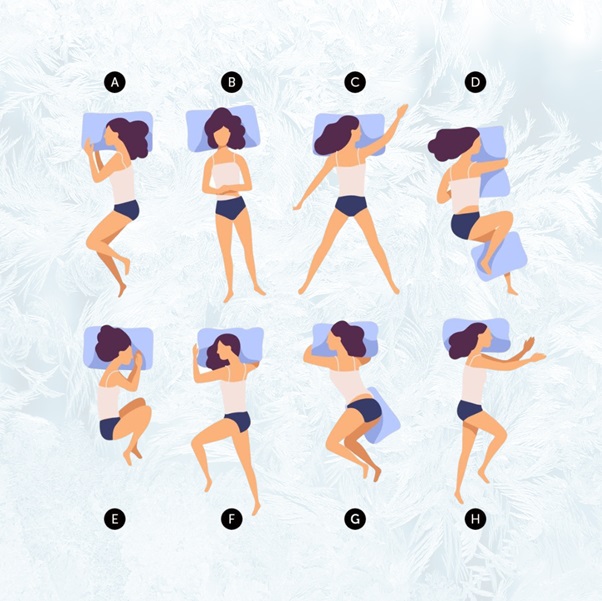Sleep apnea and snoring are common sleep disorders that affect many individuals. These conditions can lead to fragmented sleep, daytime fatigue, and potential health risks without snoring treatment in Singapore.
While medical interventions and treatments are available, incorporating lifestyle changes can significantly alleviate sleep apnea and reduce snoring. In this article, we will explore some effective lifestyle modifications that can help individuals in Singapore manage these conditions and improve their sleep quality.
MAINTAIN A HEALTHY WEIGHT:
Excess weight is known to be a contributing factor to both sleep apnea and snoring. Regular physical activity and adopting a balanced diet can aid in weight management. Incorporate aerobic exercises like brisk walking, swimming, or cycling. Additionally, focusing on consuming whole foods, fruits, vegetables, and lean proteins while limiting the intake of processed and high-fat foods can support weight loss efforts and alleviate symptoms.
SLEEP POSITION:
Changing your sleep position can make a significant difference in reducing snoring and managing sleep apnea. Sleeping on your side or elevating the head of your bed using pillows or adjustable bed frames can help keep your airways open and prevent snoring and sleep apnea episodes.
AVOID ALCOHOL AND SEDATIVES:
It is advisable to limit or avoid consuming alcohol, particularly close to bedtime. Discuss with your healthcare provider regarding any medications you are taking that may be contributing to your condition and explore alternative options if necessary.
QUIT SMOKING:
Quitting smoking can have multiple benefits, including reducing snoring, improving lung health, and enhancing overall sleep quality. Seek professional support and explore smoking cessation programs available in Singapore.
Establish a Regular Sleep Routine:
Maintaining a consistent sleep schedule can help regulate your body’s internal clock and improve your sleep. Create a relaxing bedtime routine by engaging in activities such as reading, taking a warm bath, or practising relaxation techniques like deep breathing or meditation.
IMPROVE SLEEP ENVIRONMENT:
Creating an optimal sleep environment can contribute to sleep quality. Ensure your bedroom is quiet and dark. Consider investing in a supportive mattress and comfortable pillows that promote proper alignment of your head and neck to reduce snoring and enhance overall comfort during sleep.
MANAGE ALLERGIES AND NASAL CONGESTION:
Allergies and nasal congestion can worsen snoring and obstructive sleep apnea. Keep your bedroom clean, free of dust and allergens. Use air humidifiers to maintain optimal air quality. Consult a healthcare professional to manage allergies and nasal congestion effectively if necessary.
STRESS MANAGEMENT:
Stress can negatively impact sleep quality and contribute to snoring and sleep apnea. Prioritise self-care and ensure a healthy work-life balance to minimise stress and improve sleep quality.
REGULARLY REVIEW AND ADJUST TREATMENT:
If you have already been diagnosed with sleep apnea and are undergoing treatment, it is crucial to regularly review and adjust your treatment plan as recommended by your healthcare provider. It may involve using a continuous positive airway pressure (CPAP) machine, oral appliances, or other therapies. Ensuring proper usage and maintenance of equipment will maximise the effectiveness of your treatment.

CONCLUSION:
By implementing these lifestyle changes, individuals in Singapore can alleviate the symptoms of sleep apnea and reduce snoring, leading to increased sleep quality and overall well-being. By taking proactive steps and making positive changes, you can significantly improve your sleep health and enjoy the benefits of a restful night’s sleep.
If you are experiencing sleep apnea symptoms like persistent snoring, seek Dr Jenica Yong. They can help and explore the available treatment options in Singapore. Remember, addressing these issues as early as possible can improve your sleep quality, enhance your overall health, and increase your quality of life. Take action today and experience the transformative power of a good night’s sleep.


